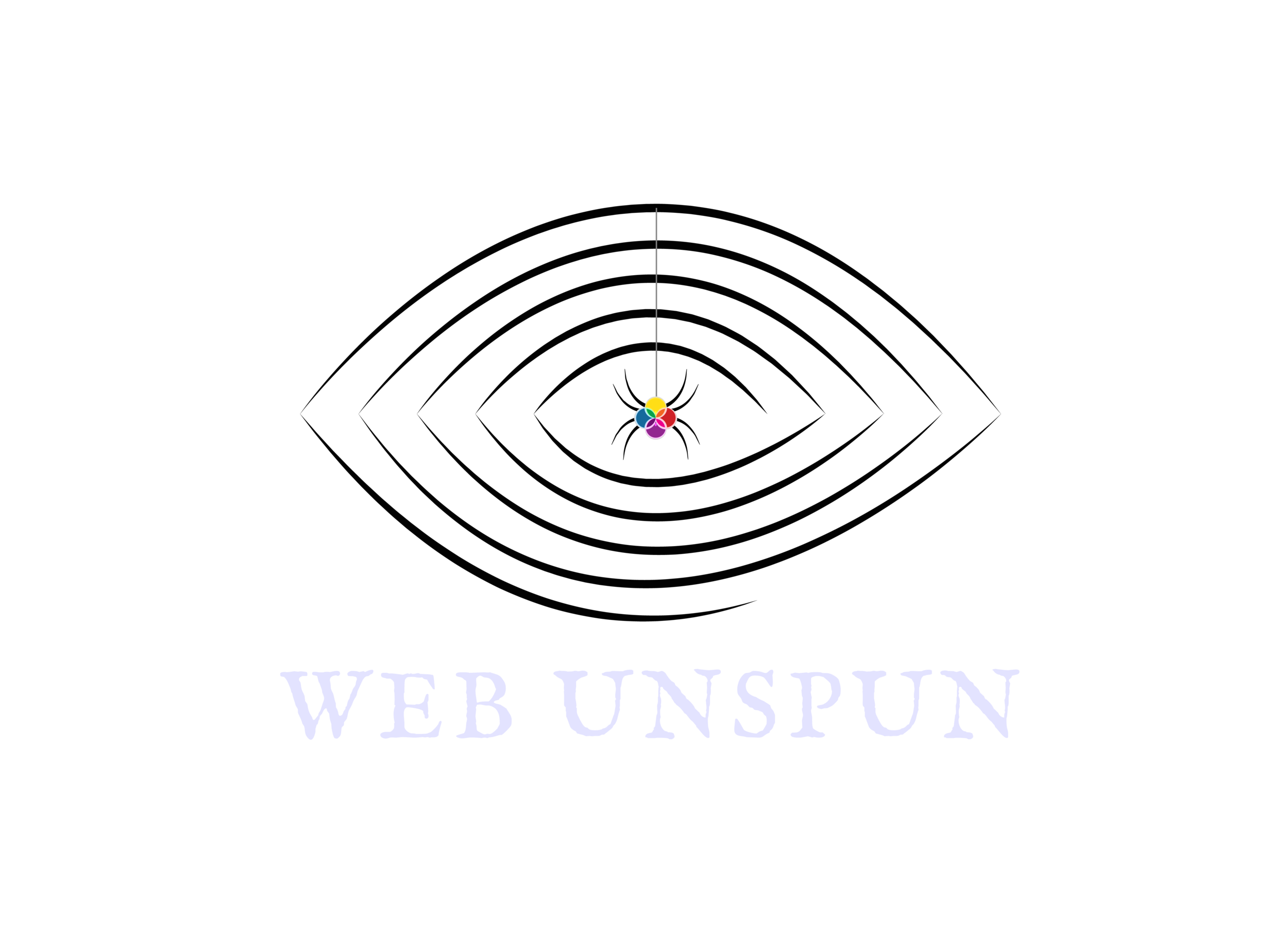What is Accountability?
Accounting…err, all forms of financial management* have never been my strength. Money, no matter how it flows, always puts me in a bind. When I was making good money (by non-profit standards, at least), wastefulness emerged; my expendable income was blown on sugary treats from bakeries (and their $17 delivery fees), downed drinks at the bar, and any materialistic thing would distract me from actually being accountable, whatever it meant. It didn’t matter, I had a job. With benefits! A level of success was achieved that indicated I was a responsible adult, regardless of how far that was from the truth.
If I had any sense, I would have saved up or invested prior to walking away from job security. Nope! Instead, I resigned from full-time employment, leaving behind the salary and benefits that made me feel like a grown-up. It didn’t stop escapist spending, though. Debt compiled as solvency dwindled. Accountability was a matter of hovering above financial ruin, making ends meet through contract work and lifestyle sacrifices. The worst part: I knew I was to blame for being broke. Every opportunity afforded was squandered. Will I ever grow up?
It wasn’t until I found an accountant that I finally began feeling like an adult. I outsourced my greatest weakness, turning to the experts to sort out the mess I made. With their help, I reworked my taxes, launched an LLC, and began to look forward to the security I once took for granted. Then, 2020 happened, and accountability took on new meaning. Financial health was superseded by physical well-being; on the brink of a mental breakdown, I tried to distract myself again, but every move felt increasingly irresponsible. Now, more than halfway through 2021, my lack of accountability in the year 2020 chases me everywhere I go; regrets abound. As a result, I've avoided my accountant at all costs, electing to extend my torture versus face the receipts that reveal my wastefulness. And just when I thought I finally reached adulthood…
We demand accountability. Our society is driven to find who is to blame for the horrifying acts committed against us then hold them responsible. And rightfully so, justice is a central part of our collective culture; we need it to feel secure, instill peace, and inspire hope. However, justice is evolving as more voices speak out against oppressive forces. Before, it applied to a privileged few who held authoritative power over our destiny; now, more unjust experiences are coming to light, holding individuals, businesses, and institutions accountable for being…well, unaccountable. But, the span of time these injustices were allowed to take place, perpetuated by those in power, speaks to our conditioning for societal silencing. Are we ever really accountable, then, unless our wrongdoings are brought to light, corroborated by a reliable source, then enforced through just punishment?
Flipping through the pages of The 72 Names of God, I land on Yehuda Berg’s musings about accountability and find him pointing the finger in the wrong direction: “Most of us consider ourselves victims when others do us wrong or when circumstances suddenly become chaotic. But any wrong done to us and any turmoil confronting us results from a negative action we committed in some area of our lives. The injury is merely the judgment—the effect of a cause that we ourselves initiated. Yes, this is a tough one to admit and accept” (181). Really, Berg?! Your family canceled you from an entire religion after allegations about your circumstances came to light; are you ready to admit and accept that you’re accountable for pandering about accountability though you are really just as unaccountable as the rest of us? #godcomplex! However, I’ve done inexcusable things; I’m not blameless, and I’m pointing a finger to deflect from the only one responsible for my accountability: me.
Depreciation
If Berg refuses to be a model for accountability, Google will need to act as my guide, but ”how to be accountable” provides mostly professional advice I’ve already tried. For instance, David Weliver’s “Manage Yourself: 10 Ways to Make Yourself Accountable at Work, in Life, and with Money” tells me to, “1) Create a Personal Mission Statement” Check! “2) Set Micro-Goals” Check! “3) Use Lists Wisely” Half-check! “4) Make Yourself Accountable” Well, what the hell am I trying to do?! If I’m going to be personally accountable, I’m going to need to make this personal; turning back to the mission statement I shared in Dream State—to inspire more smiles, laughter, healing, and sharing by opening my heart to those I encounter on my journey—I see how out of control my accountability has become: I feel responsible for others’ happiness. In response, I’m punishing myself if/when I don’t achieve my goal. Who is to blame for this?!
If I were to count up those named on this site to point a finger, my grandfather would outnumber everyone. I mentioned him 6 times alone in my most recent, Dumping Depression. As if that isn’t telling…Given his propensity to get lost in the television while watching me when I was young, it finally adds up that my mission statement is not truly my own; rather, it’s based on my conditioning as a child to seek out the attention and adoration of my beloved grandpa. Every moment together was an opportunity to pull his attention from the screen and shift focus to me; I believed I could make him feel better than the TV, because I was there in real time. It became my singular mission: make grandpa happy. Accountability originated there.
Weeks of journaling (plus some escapist behavior #shrug) helped me see how this misguided effort went a layer deeper: my grandfather was the last person I fully trusted. Toward the end of his life, our bond was pushed to its limits, especially following the plane crash, but even after he passed away, accountability lingered. I felt responsible for emulating his example, but that could only go so far before fibs surfaced. Then lies. Eventually, full-fledged alternate realities. There was no controlling it anymore; the lies controlled me. I wanted integrity in my grandfather’s image, but it was inconsistent with who I was adding up to be. Or, at least, whoever I thought I was then.
Liabilities
This winding, whiny journey excuses nothing; it makes me no less accountable for the horrific acts I’ve committed against others. My lack of attachment to one true identity brought pain by limiting real connection and severing trust. Apologies abound now, there is no way around it. All the fibs, lies, and alternate realities are debts to be repaid. Flipping back to DNA of the Soul, I see I’ve already tried to resolve this “I’m sorry” situation that I can’t seem to shake; no matter what I do, I will forever be apologizing. And rightfully so, my wrongdoing was wrong, and I need to pay the price in order for justice to be served. But a quote from “Karma, DNA of our Soul,” by Dr. David Frawley puts me deeper in the red: “Awareness at an inner level creates the capacity for adaptation at an outer level.” Sh*t, if I don’t define accountability soon, things will never change!
But what determines how I change? My inner level is telling me I need to make adjustments across all dimensions of my being (physically, emotionally, spiritually, mentally, professionally, financially…all of it) to avoid the turmoil that comes with lacking accountability. The outer level is making me compromise who I understand myself to be, or at least the version of me modeled after my grandfather. Without Berg to balance things, Google’s godliness led me to Mark Samuel’s “8 Behaviors That Help Develop Personal Accountability,” of which number 6 is “Be Open to Change.” Along with his suggestions, like “Ask for feedback” and “Be open to constructive criticism,” Samuels writes to “create a plan for handling the situation in the future.” Is adulting always such a circular mess?
Discussions on accountability buddies litter the forums, leading me to believe that stability and solvency is only attainable with another. But what kind of buddy is bound to better me? Often, accountability is tied to someone I’m dating; I change my “self” in effort to make my partner’s life easier, enjoyable, exciting. Instead of addressing the barriers that obstruct personal accountability, I fall into a pool of the other person, compromising my authenticity to ensure they remain afloat. Then, if/when they leave, I’m left to pick up the pieces of my original pledge, forgetting how to be alone and accountable, lacking the motivation to take any initiative solo. Instead, I opt to act irresponsibly, blaming the other person for stealing away my purpose and positivity. This negates any trust and subtracts me from the equation of admittance and acceptance.
Assets
Change is scary; it goes against our nature to seek it out because it’s horribly uncomfortable. Instead, we search for protection so that we can be an unapologetic version of ourselves, but this chase can result in stagnant, destructive behavior and divided accountability. What am I left with here??? I’m down for the count. Still, I need to take stock of what I’ve been accountable for, or who to…whatever it is! Otherwise I’ll continue along this hopeless path till another 5 months passes without finishing this article. Or my taxes! How can I balance my inner need to grow up and my outer need to let go; unsurprisingly, I’m lost in hypocrisy.
Thankfully, The 15 Commitments of Conscious Leadership, by Jim Dethmer et al. helped me balance things out above and below “the line,” offering crucial input, such as “Knowing how best to navigate a vast multitude of situations is a necessary part of life. To do this effectively, we need to develop healthy personas…When life gets serious and struggle begins, it’s likely we did not choose the right persona for the occasion. Instead, we defaulted to a habitual one that we unconsciously believe will help us gain control, security, or approval” (215). I should be using this book for my spiritual quest instead of Berg’s! Through journaling and therapy, I audited the unhealthy personas that emerge when I feel out of control; these defense mechanisms took on identities all their own, making the struggle…realer. It wasn’t until I aggregated my healthy personas that a clearer purpose netted out: to invest in love, hope, faith, and compassion through my words, actions, and integrity.
But what happens when those ideals are at odds with someone else? How do we amortize our differences and reserve what brings us together? Dethmer et al. save the day: “All of creation is a living testimony to honoring the rhythms of life” (217). When we follow our instinct, not as a solo survivalist in search of control, security, or approval but rather as a harmonious organism, we gain something deeper than personal protection: perspective. No longer do we count on the unconscious, unhealthy personas that are so taxing on our well-being; instead, we take accountability for living each day as a healthy persona, building equity in our whole-heartedness as we contribute love, hope, faith, and compassion to those balancing being human around us.
So there you have it, 1-2-3, accountability can be we.





